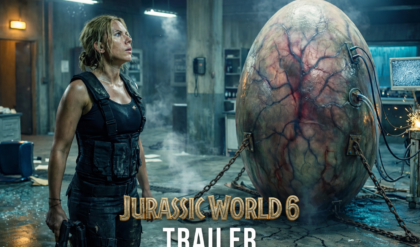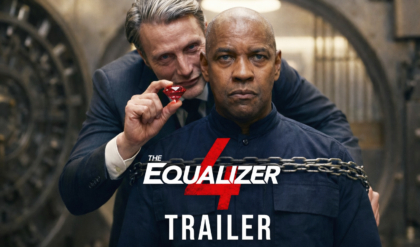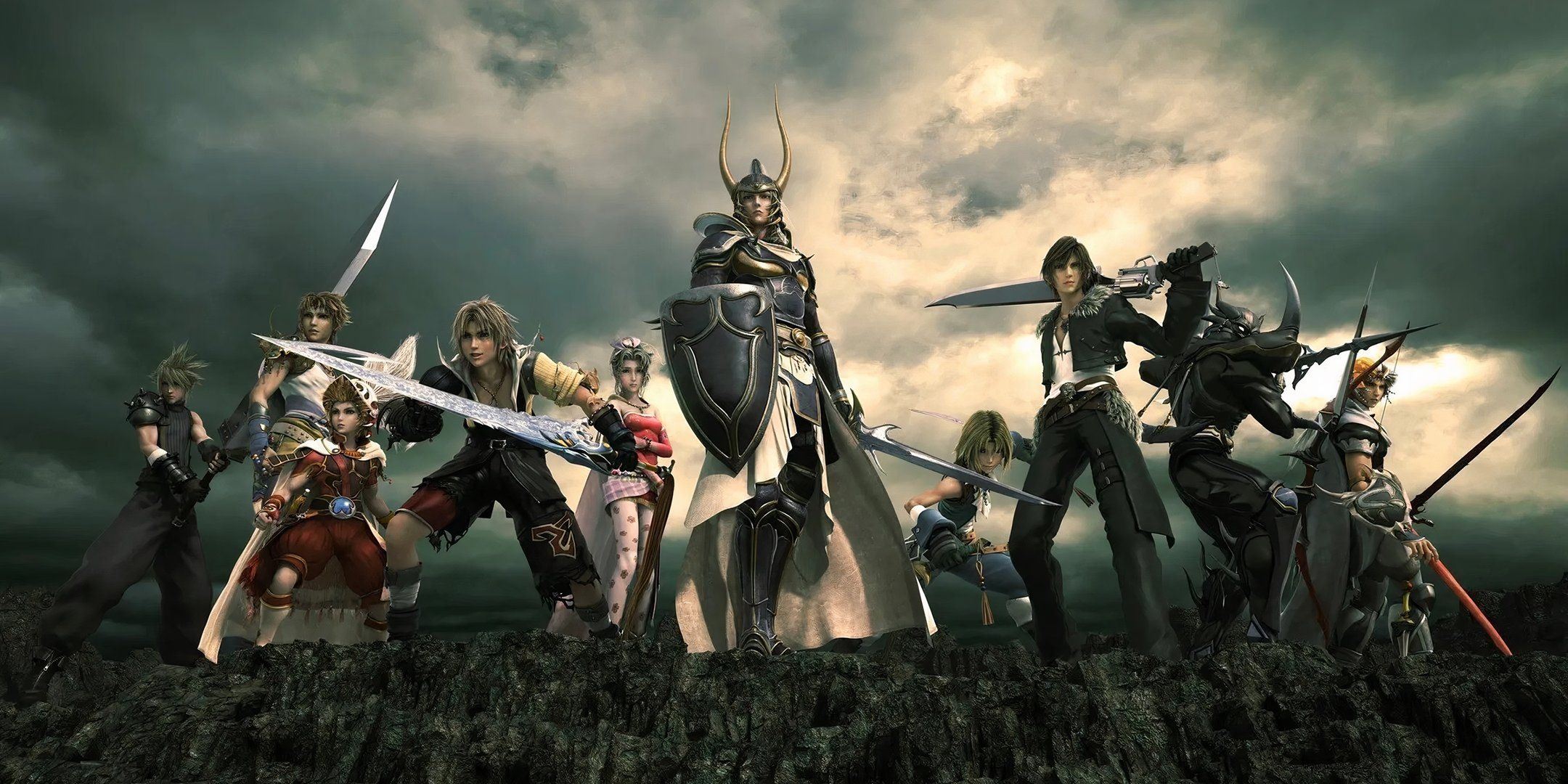
GOTY contender Clair Oscur: Expedition 33, a turn-based game that combines inspiration from JRPGs like Lost Odyssey, FF10, and The Legend of Dragoon with real-time action game elements like parrying and dodging, similar to FromSoftware’s Sekiro: Shadows Die Twice. This approach highlights the debate around Final Fantasy moving away from turn-based combat, as Clair Obscur is a good example of successfully modernizing the concept. As someone who has played every Final Fantasy game and considers Clair Obscur one of the all-time greats, however, I don’t think Square Enix should copy Clair Obscur moving forward.
FF7 Rebirth & FF16 Prove Different Battle Systems Can Work Well
There’s A Lot More To Final Fantasy Than Just Its Combat System
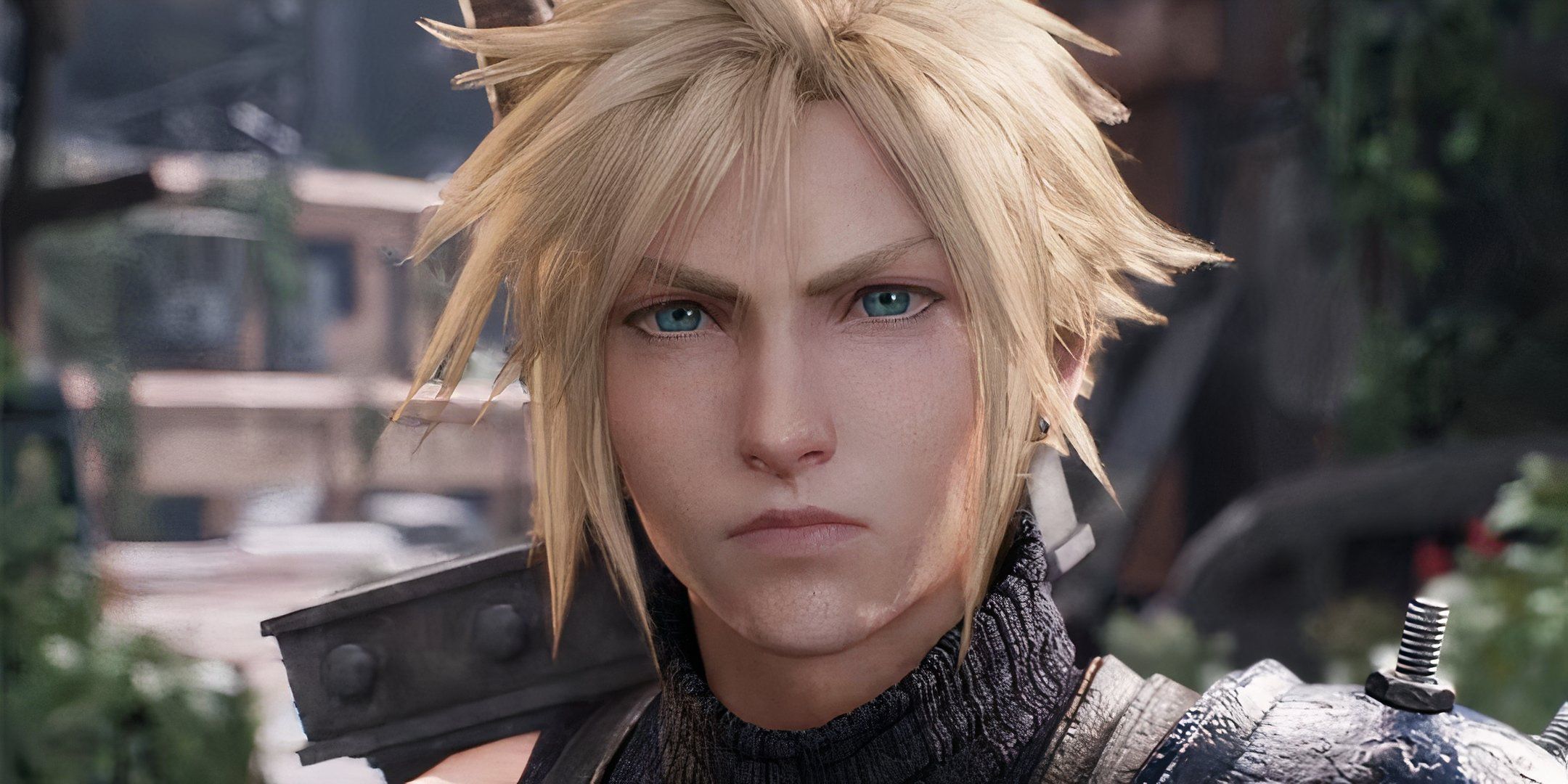
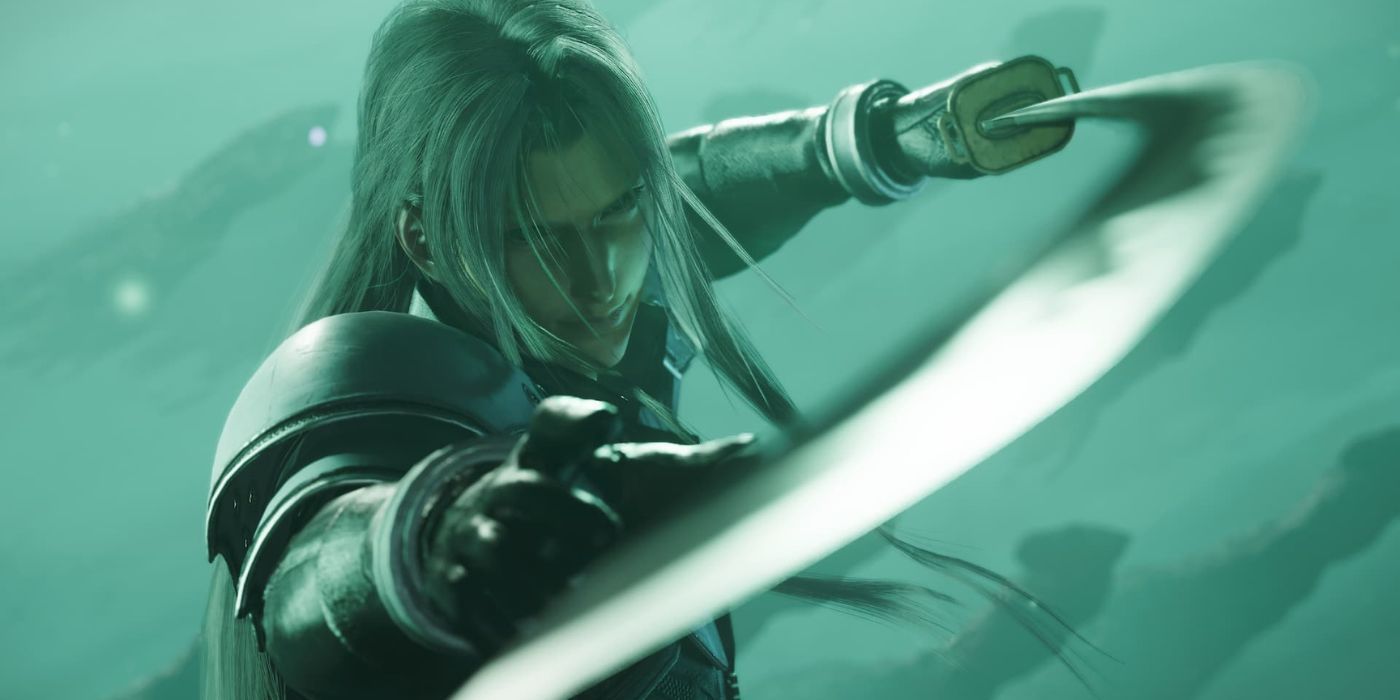
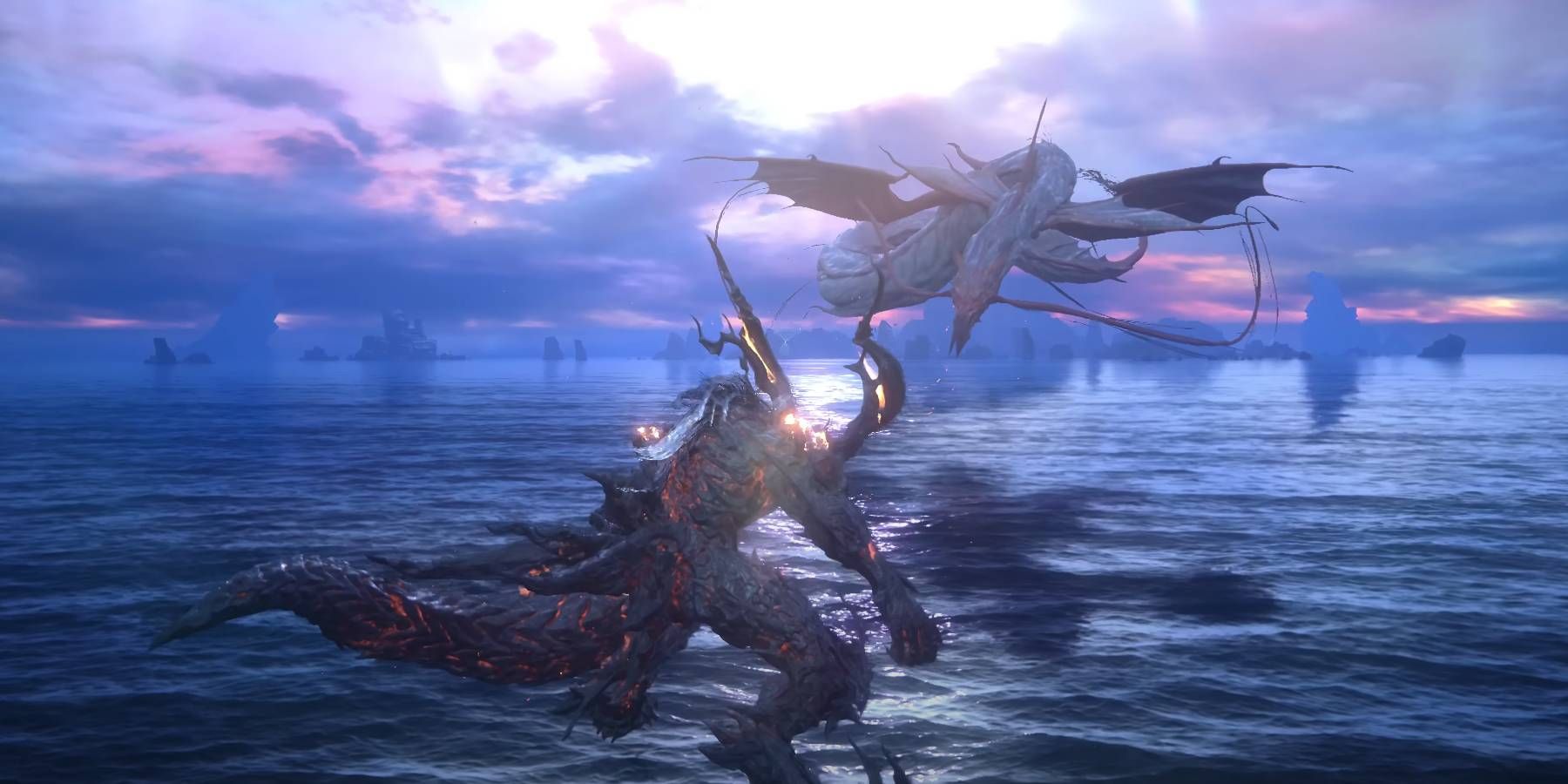
After Final Fantasy 12‘s divisive changes, FF13 saw an even more mixed response, particularly regarding the game’s linearity and story. More recently, FF13 has seen an increase in appreciation, as the series has gotten even further away from its roots. After 13 and its sequels, the series abandoned its turn-based gameplay entirely, much to the dismay of some fans. FF15 was branded in-game as “a Final Fantasy for fans and first-timers,” but while the game did very well financially, some hardcore fans, including myself, questioned the direction of the series. FF16 took an even heavier action-gameplay approach.
In addition to the more action-style combat system, FF15 introduced a modern open world, falling in line with larger trends in the gaming industry. Final Fantasy was so busy chasing trends that it risked the loss of its identity in the process. However, the combat systems in FF15, FF16, and especially FF7 Rebirth, are not bad. In fact, they’re mostly exceptional.
In an interview with GamesRadar+, FF16 producer Naoki Yoshida (who is also the director of FF14), said that the blend of high-fidelity visuals and turn-based combat conflicted with each other, stating: “one thing that we found recently is that as graphics get better and better, and as characters become more realistic and more photo-real, is that the combination of that realism with the very unreal sense of turn-based commands doesn’t really fit together.”
FF16 abandoned most of its RPG mechanics in favor of high-action, grand cinematic battles. The game’s combat was designed by Ryota Suzuki, who had previously worked on Capcom’s Devil May Cry franchise and would return as a content programmer for FF7 Rebirth. The more linear, story-driven experience of the game, coupled with the Eikon battle spectacles, won over a lot of fans but left others wanting more RPG mechanics. The combat system wasn’t the problem —streamlining abilities, customization, and player choices were.
Platform Exclusivity Is Hurting Final Fantasy
It’s Not Just The Combat System That Is Causing Discourse
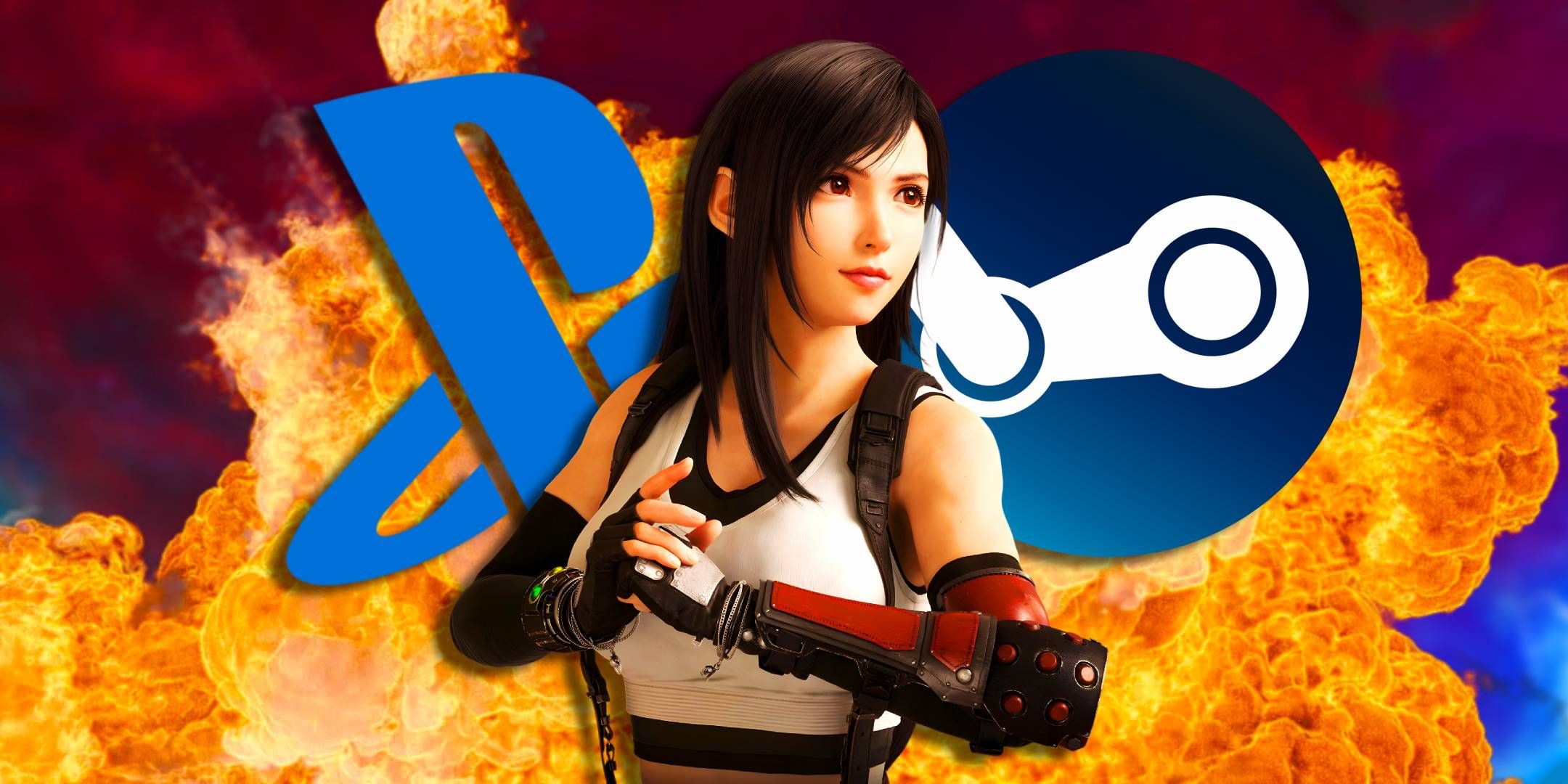
Clair Obscur: Expedition 33 launched on Xbox Series X/S, PC, PS5, and was also a day-one Xbox Game Pass release. The game has sold over two million copies, despite being on Game Pass, and even sold over 500,000 in mere hours after release. According to Square Enix, both FF16 and FF7 Rebirth failed to meet sales expectations, and a lot of that was due to both games being console exclusives to the PS5. Both have received post-release PC ports, which help, but they may not entirely make up for the initial loss in sales caused by exclusivity.
In a financial call reported by Bloomberg (paywalled), Square Enix president Takashi Kiryu told analysts that sales for both games failed to hit expected revenue and profit, resulting in an overall hit to operating income for the business. FF16 has sold three million copies as of June 2023, but sales data since then has been scarce. No official sales numbers have been released for FF7 Rebirth, but by player counts, it was estimated to be around two million near the game’s initial launch.
Higher sales also stemmed from the long development cycle and rebranding of FF15. The game started development as Final Fantasy Versus 13, a spin-off title, before characters, ideas, storylines, and systems were re-worked to be used in FF15. Recreating every part of FF15‘s success might not be viable, but addressing the exclusivity issue could help. With the FF7 Remake trilogy confirmed for Switch 2, and most of the Final Fantasy games now available on PC, this could be the turning point for Square Enix to not let exclusivity deals prevent fans from playing the latest entry on their preferred system.
Both FF & Clair Obscur Can Learn From Each Other To Create Something New
Greater Than The Sum Of Their Parts

Much of the game’s level design was inspired by Sekiro: Shadows Die Twice, as well as the checkpoint system respawning enemies when used. Clair Obscur wears its inspirations proudly, but it’s not the individual elements that make Clair Obscur such a phenomenal game — it’s the combination of all the choices that creates something fresh.
So, should FF copy Clair Obscur moving forward? I don’t think so, but since Final Fantasy laid some of the foundations for well-designed elements in Clair Obscur, both games can learn from each other to create something new. Clair Obscur is taking the gaming world by storm right now, and, as a lifelong fan and lover of the series, I wish Final Fantasy had gotten that same reaction for FF16 or FF7 Rebirth.
Turn-based games are far from dead (and have never died, really, contrary to some beliefs), but in an effort to create something new, fresh, and innovative, Final Fantasy should learn, process, and be inspired by those that came before and after. The foundations and the talent are there. All that remains is to refine what’s been established.

